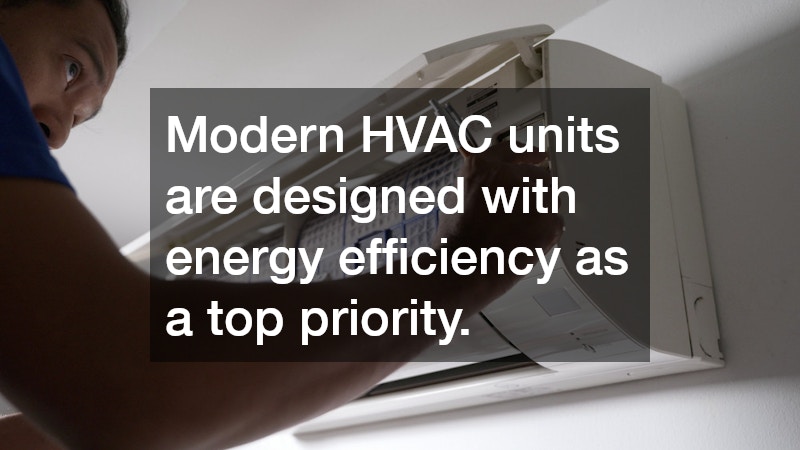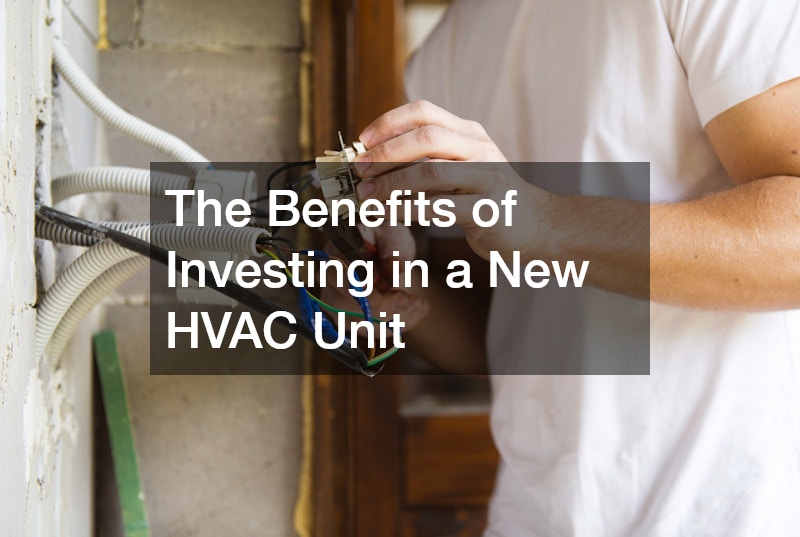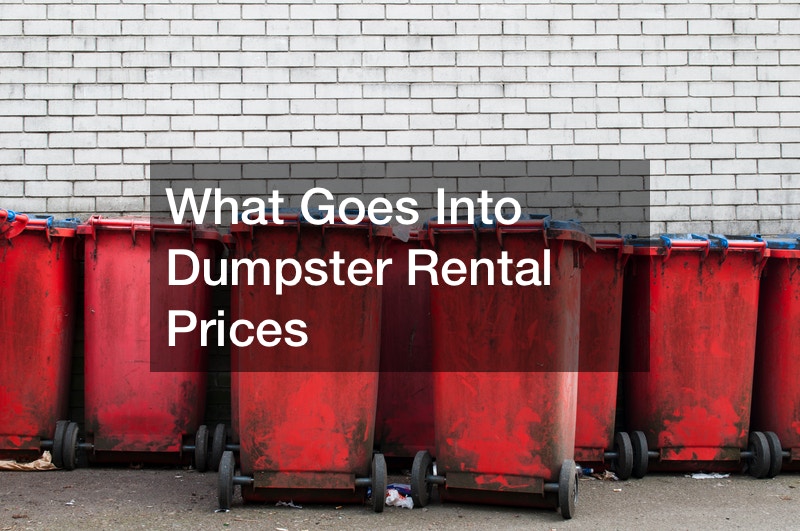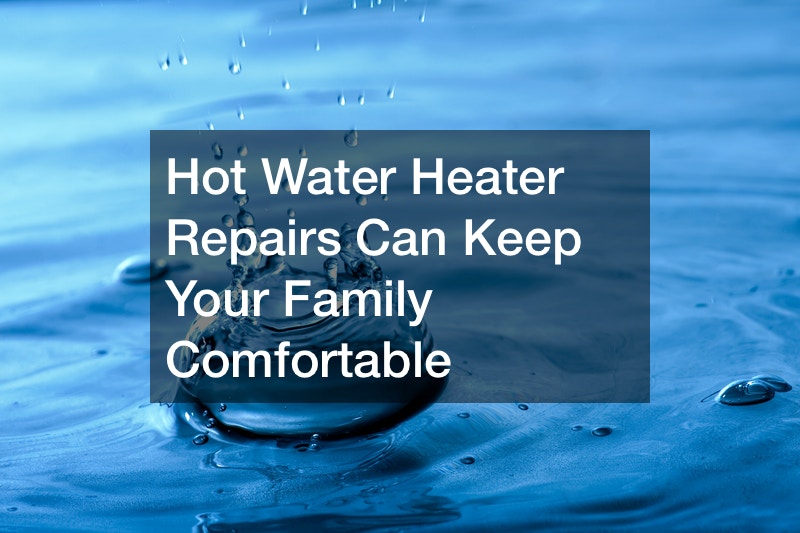
Heating, Ventilation, and Air Conditioning (HVAC) systems are crucial components in modern homes and businesses, providing essential climate control throughout the year. As technology advances, newer HVAC units become more efficient and environmentally friendly, making a significant impact on energy consumption and utility bills. Investing in a new HVAC unit can contribute greatly to savings and comfort in many households.
Air conditioning installs have evolved over the years to incorporate smart technology, which allows users to control their systems remotely via smartphones or other smart devices. This technological advancement ensures a more consistent and personalized climate control experience, as well as contributing to energy savings and easier maintenance.
A modern HVAC system is not just about temperature control; it represents an opportunity for homeowners to significantly increase their home’s energy efficiency and reduce environmental impact.
Understanding the value of a sound HVAC system requires examining the spectrum of benefits it offers, not just for comfort, but also for health, safety, and financial stability. A well-functioning HVAC system can eliminate indoor air pollutants and allergens more effectively than older models, offering a cleaner and healthier indoor environment. For those considering an upgrade, the initial investment in a new HVAC unit can seem daunting, but the long-term paybacks in terms of lower energy costs and increased home value are undeniable.
Energy Efficiency and Cost Savings
Modern HVAC units are designed with energy efficiency as a top priority. Many new systems have higher Seasonal Energy Efficiency Ratios (SEER) and Heating Seasonal Performance Factors (HSPF) than older models, which directly translate to lower utility bills. By upgrading to a more efficient system, homeowners can expect a noticeable decrease in their monthly energy expenses.
Incorporating newer technology, such as variable-speed motors, helps improve the system’s overall efficiency. These motors adjust their speed to the home’s heating and cooling needs, rather than just running at full speed all the time. This adjustment reduces energy consumption while ensuring consistent comfort levels throughout the home.
Investing in energy-efficient systems often leads to eligibility for tax credits or rebates, which can offset the initial cost of a new HVAC unit. Governments and utility companies frequently offer these incentives to encourage homeowners to upgrade to more sustainable options. As a result, the financial return on investment (ROI) starts almost immediately, providing both short-term savings and long-term energy expenditure reductions.
Improved Air Quality and Health Benefits
A new HVAC unit can significantly enhance the air quality within a home. Advanced filtration systems found in modern HVAC units are highly effective in removing allergens, dust, and other airborne contaminants. This improvement is crucial for those who suffer from allergies or respiratory issues, as it greatly reduces potential triggers for health problems.
Humidity control also plays a vital role in maintaining indoor air quality and comfort. New HVAC units have superior humidity regulation features, which prevent mold growth, reduce dust mites, and maintain an optimal moisture balance. This control is critical in damp environments where mold and mildew can thrive, posing health risks if not adequately managed.
Aside from health benefits, improved air quality contributes to longer lifespan and efficiency of a home’s structure and other household systems. By controlling pollutants and humidity, new HVAC units help in keeping wooden furnishings, electronics, and even the building’s integrity intact. Investing in a new HVAC unit thus offers a holistic approach to ensuring healthier living spaces and better maintenance of property.
Enhanced Comfort and Smart Features
Investing in a new HVAC system introduces homeowners to greater levels of comfort through improved climate consistency. Enhanced zoning capabilities in modern systems allow users to maintain different temperatures in various parts of the home, catering to individual comfort preferences. This feature is particularly beneficial for families with varied temperature needs or homes with multiple stories.
Modern HVAC units also come equipped with smart thermostats that enable precise temperature control and programmable settings for energy savings when the home is unoccupied. These smart controls offer users the convenience of managing their home’s climate remotely, ensuring optimal comfort upon arrival. The convenience and improved efficiency lead to better energy management and decreased unnecessary energy usage.
Another benefit of these smart features is the ability to monitor system performance and receive maintenance alerts. This proactive approach ensures that potential issues are addressed before they become costly repairs, thereby extending the life of the HVAC unit. A new HVAC system not only enhances comfort but also offers peace of mind with its advanced monitoring and maintenance capabilities.
In conclusion, investing in a new HVAC unit provides a multitude of benefits, from cost savings on energy bills to improved air quality and comfort. Modern systems are designed to be more efficient, incorporating the latest technology to maximize performance while minimizing environmental impact. The long-term financial and health rewards far outweigh the initial investment.
By enhancing home value and ensuring a healthier living environment, a new HVAC system represents a prudent investment for any homeowner. With the potential for rebates and tax incentives, upgrading becomes an even more attractive option. More importantly, the assurance of a reliable, efficient, and smart HVAC system ensures comfort and satisfaction for years to come.
Ultimately, considering a new HVAC unit is not just about updating equipment; it’s about embracing a transformative technology that elevates comfort, health, and energy efficiency standards in the home. With expert air conditioning installs, homeowners can seamlessly integrate these advancements into their properties, reaping the numerous benefits that a new HVAC system has to offer. The decision to upgrade is an investment in both the present quality of life and future sustainability initiatives.




